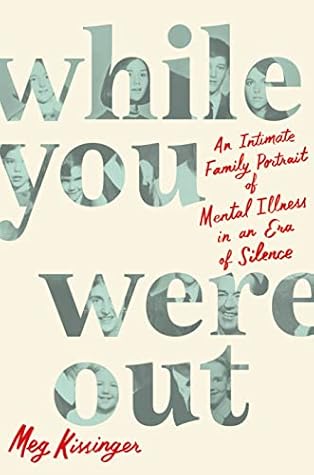More on this book
Community
Kindle Notes & Highlights
Read between
September 7 - September 9, 2025
More than one-third of all people with serious mental illness don’t get treatment. We don’t have enough doctors. Many psychiatrists will only treat those who can pay directly. They won’t accept Medicare or Medicaid. Even with parity laws, insurance companies won’t pay many mental health claims.
People with serious mental illness can’t find landlords who will rent to them or employers who will give them steady jobs. A person with serious mental illness is ten times more likely to be incarcerated than hospitalized. Jails and prisons have become the nation’s de facto mental health hospital system. The Cook County jail, where Danny spent four months, is now one of the three largest mental health facilities in the country. More than a quarter of the nation’s 559,000 homeless have a serious mental illness. Their average life span is ten to twenty years shorter than the general population.
Funding for mental health care—provided by the federal government and filtered through grants to the states—now had to compete with road repairs, park upkeep, and dozens of other more popular constituent demands for county officials’ attention and resources.
The quality of public mental health care depended largely on which zip code you lived in.


